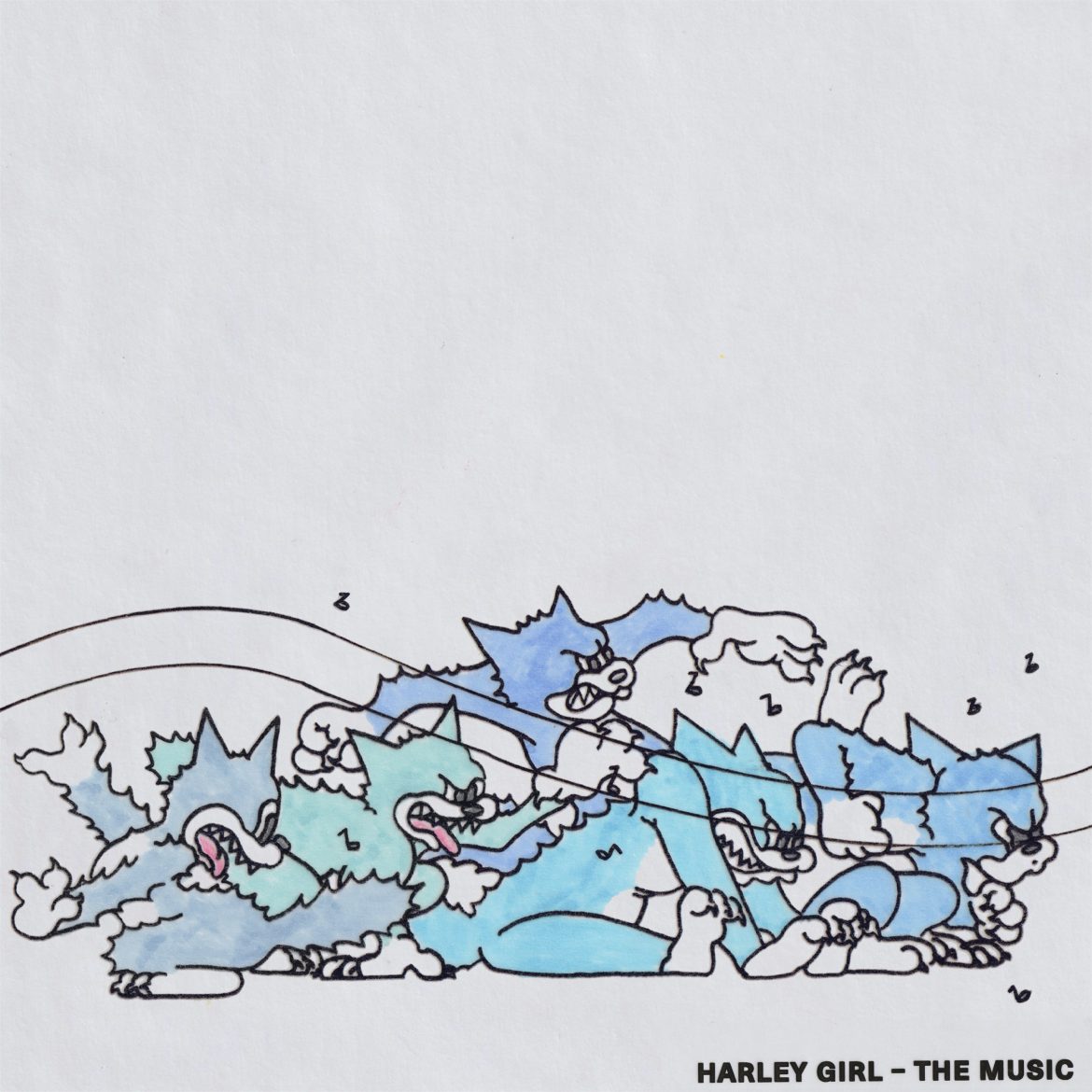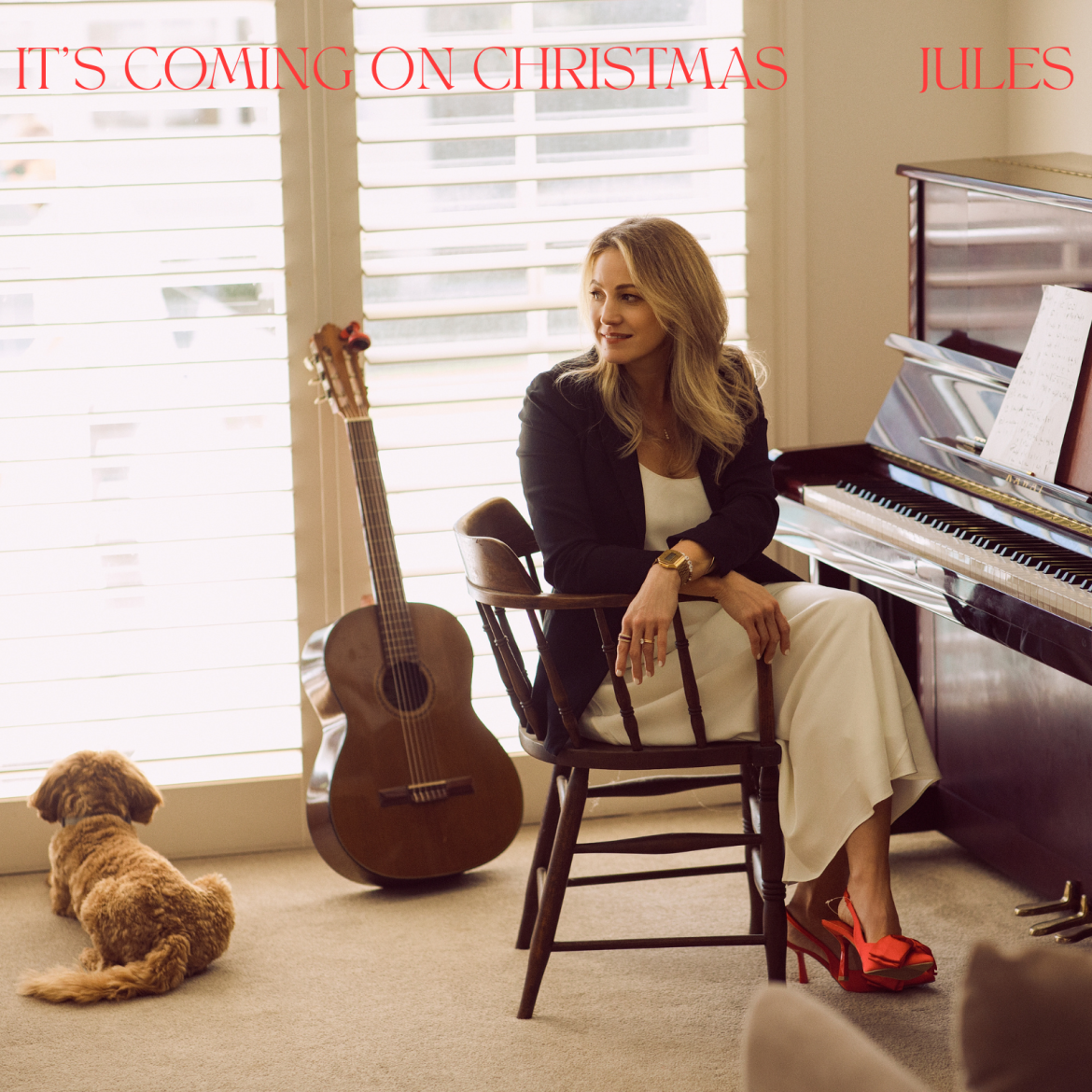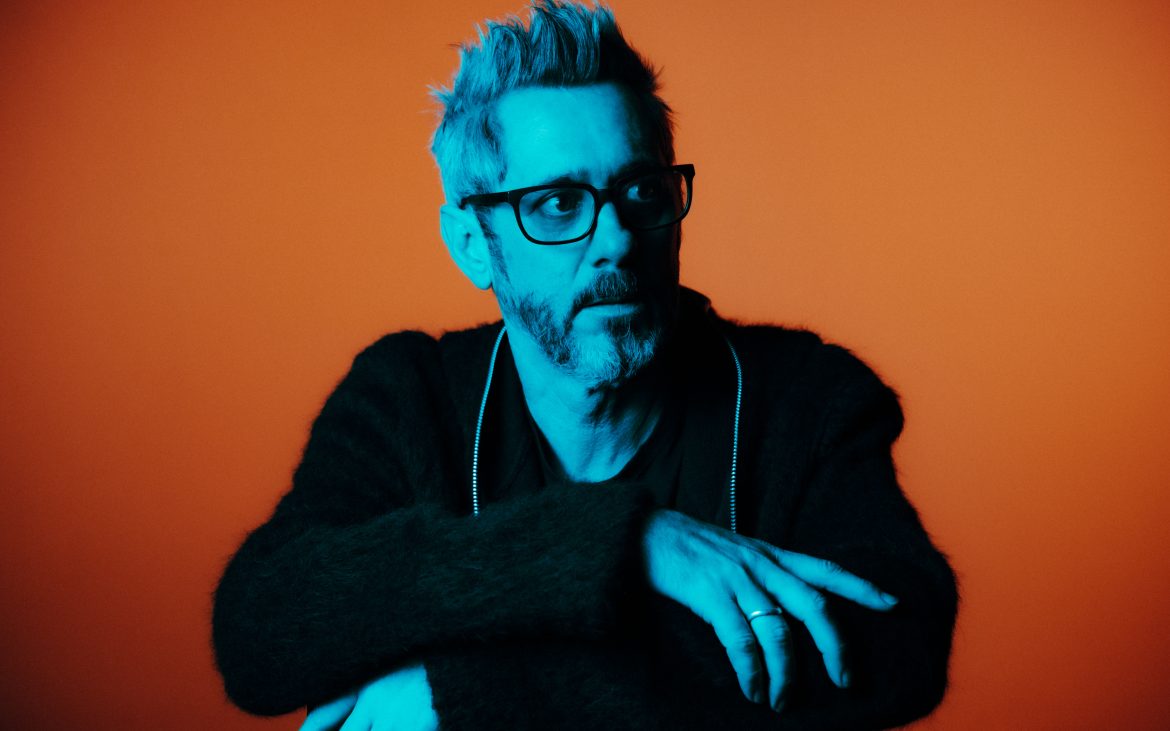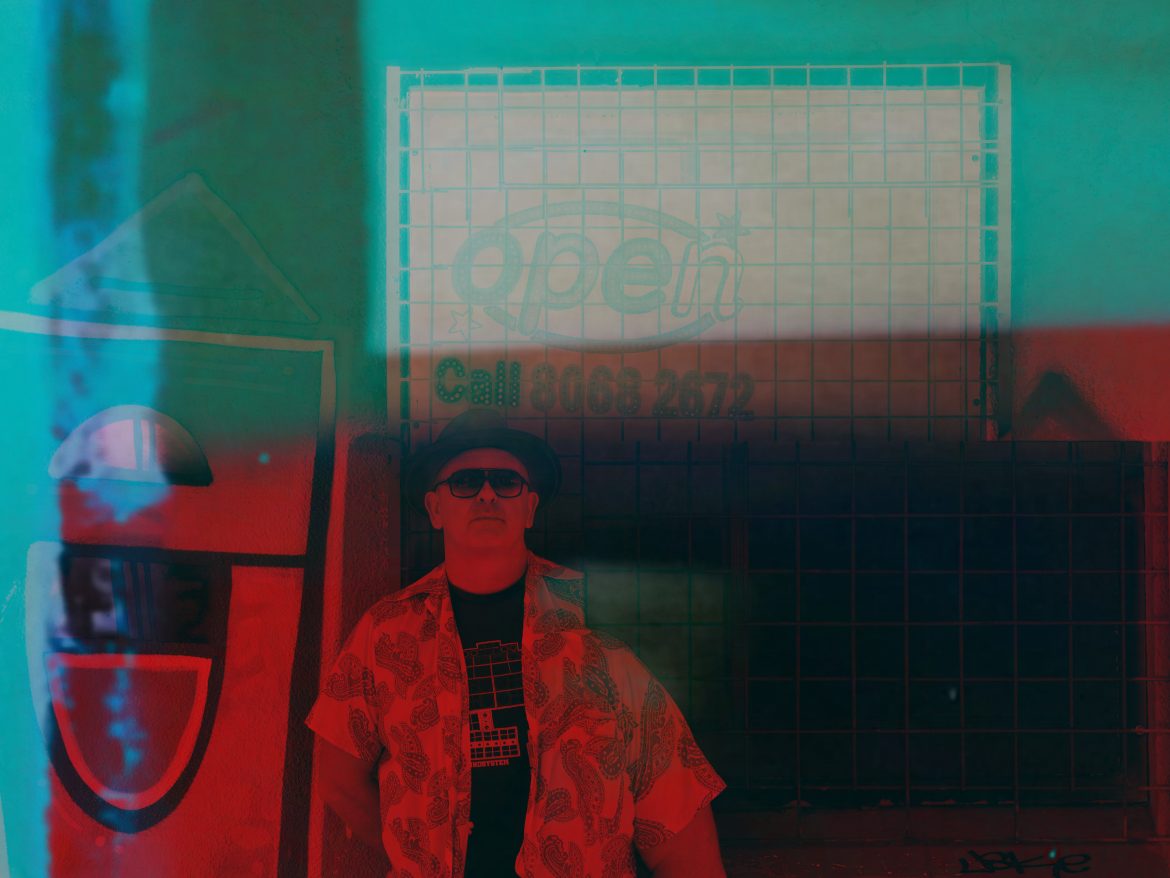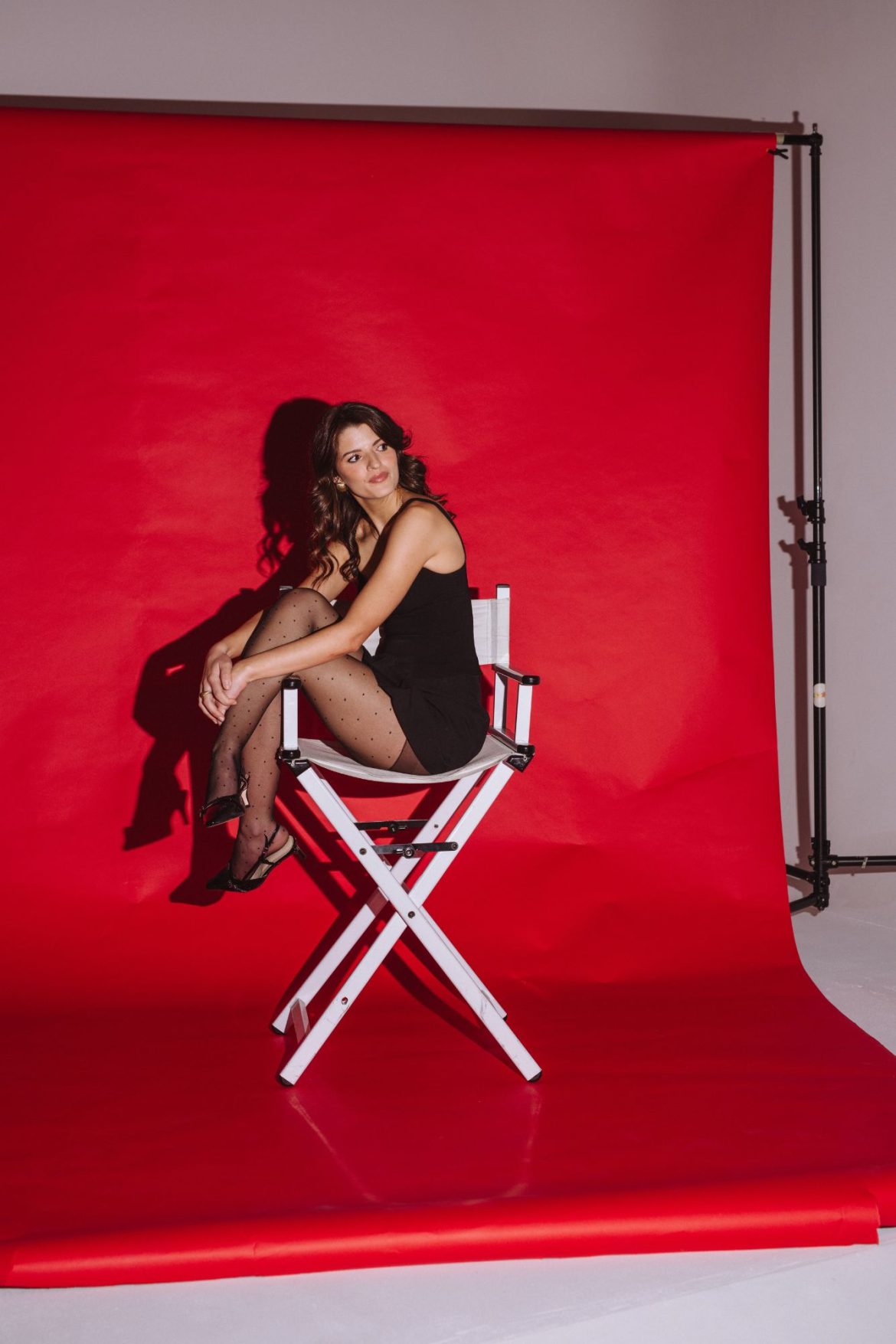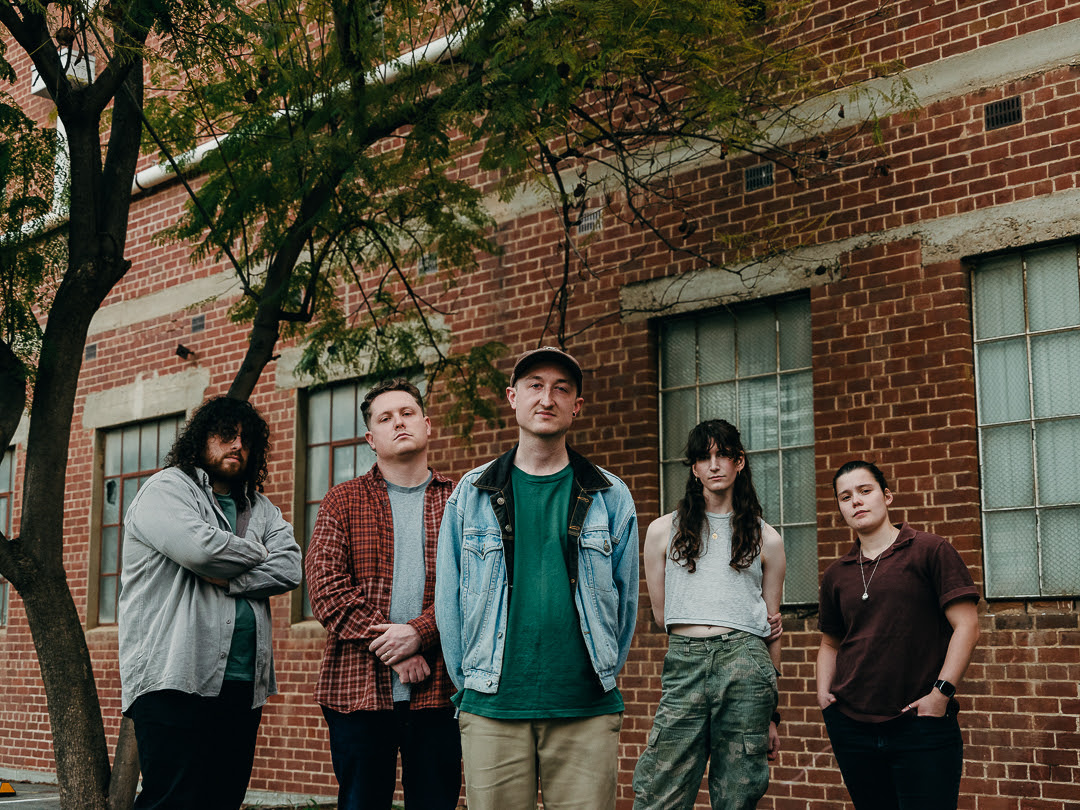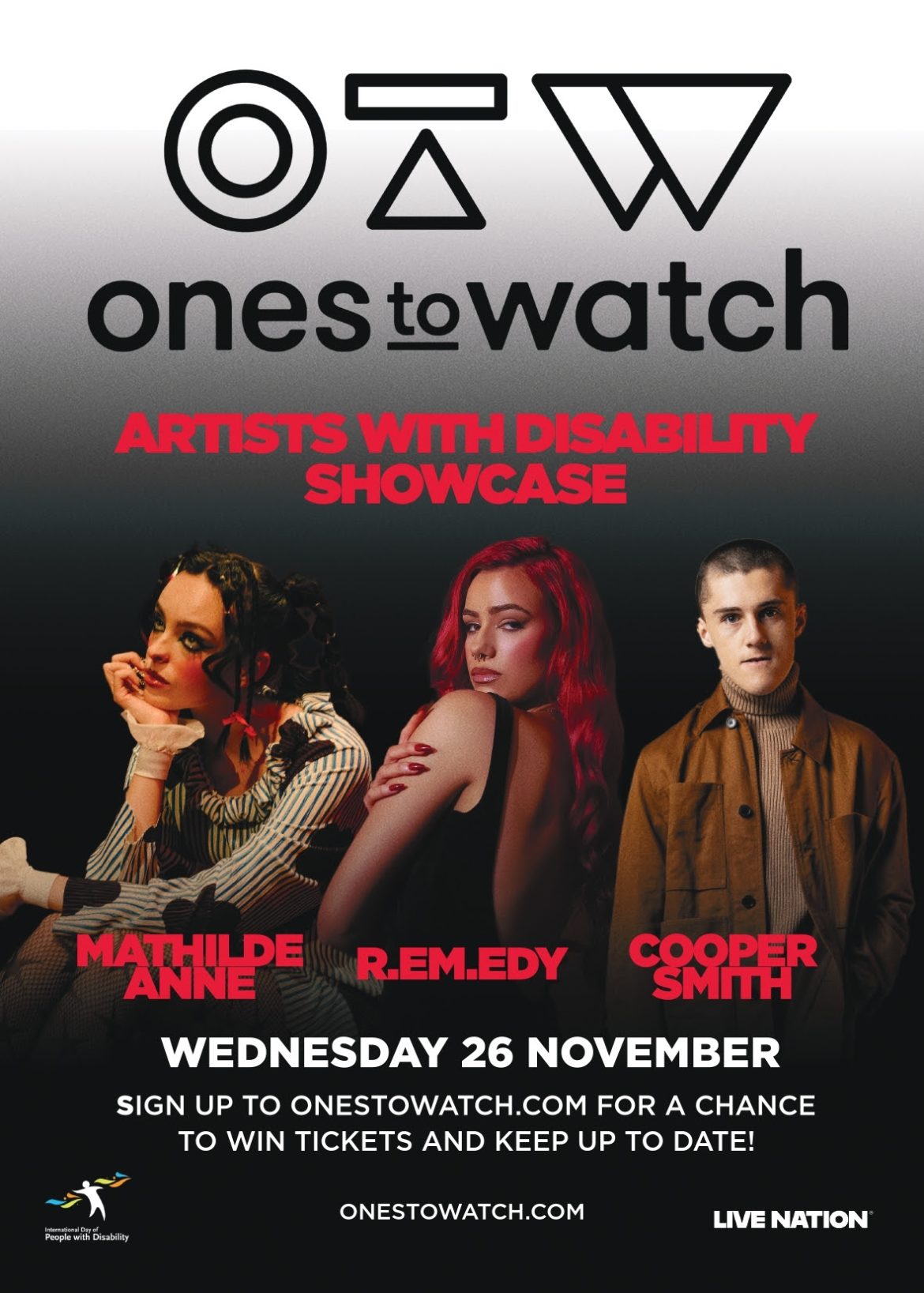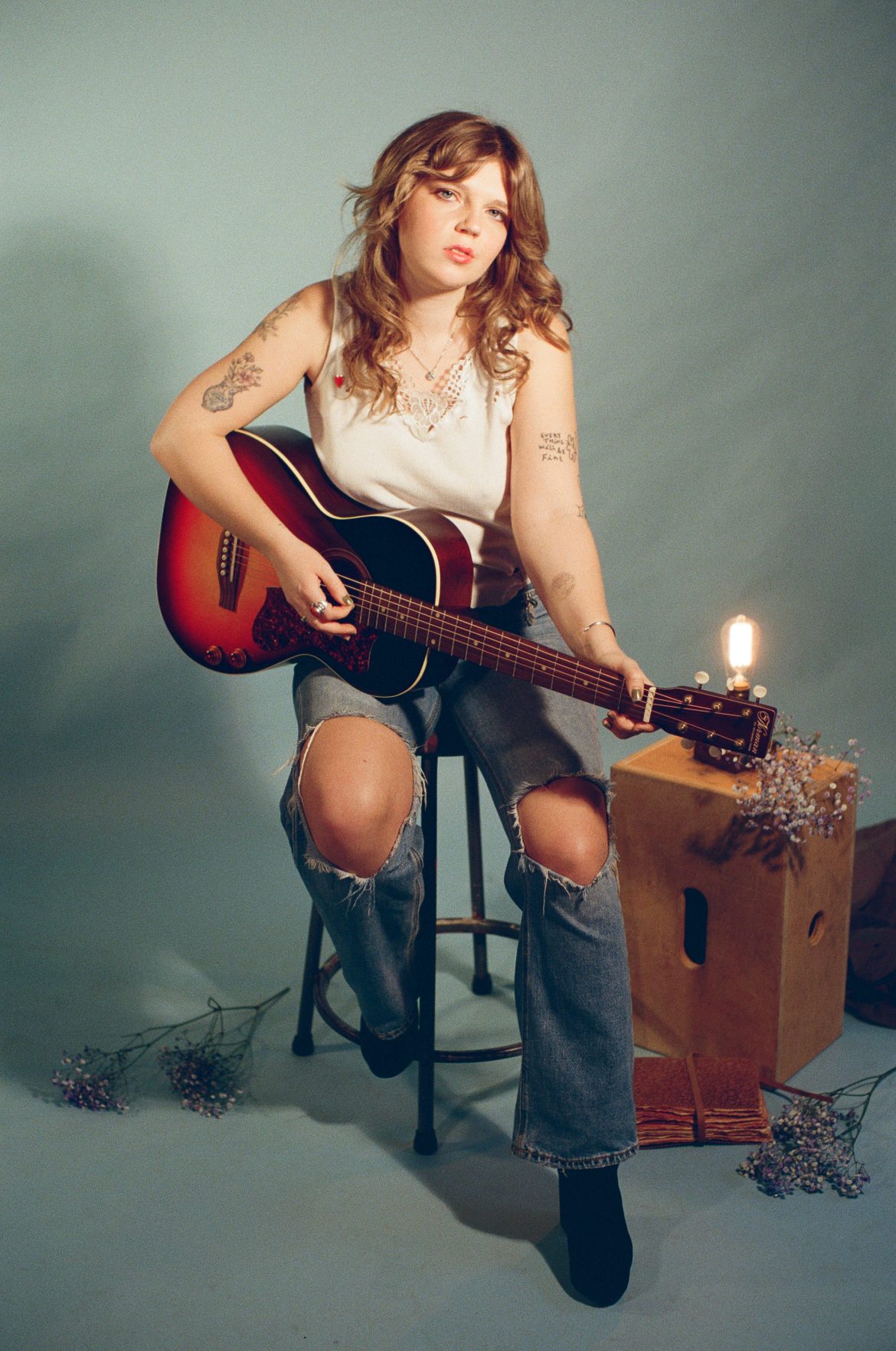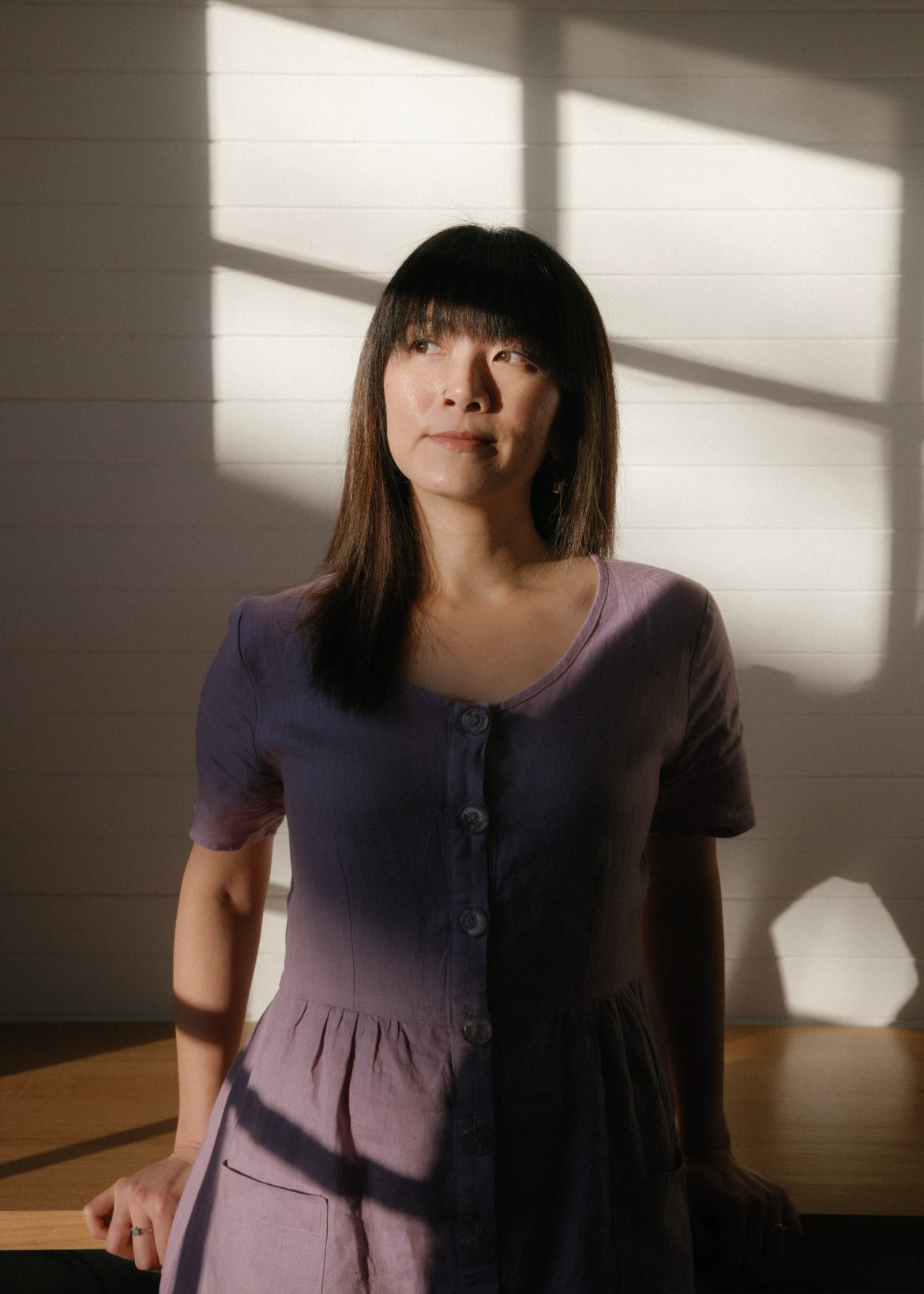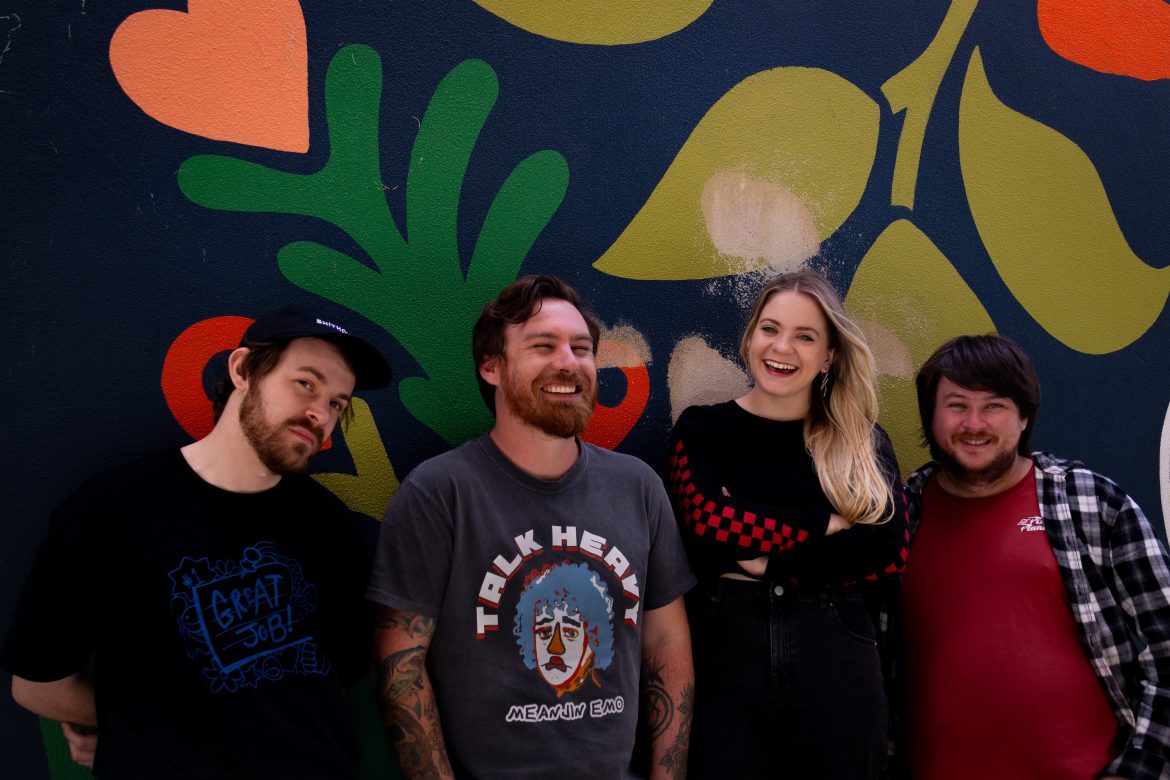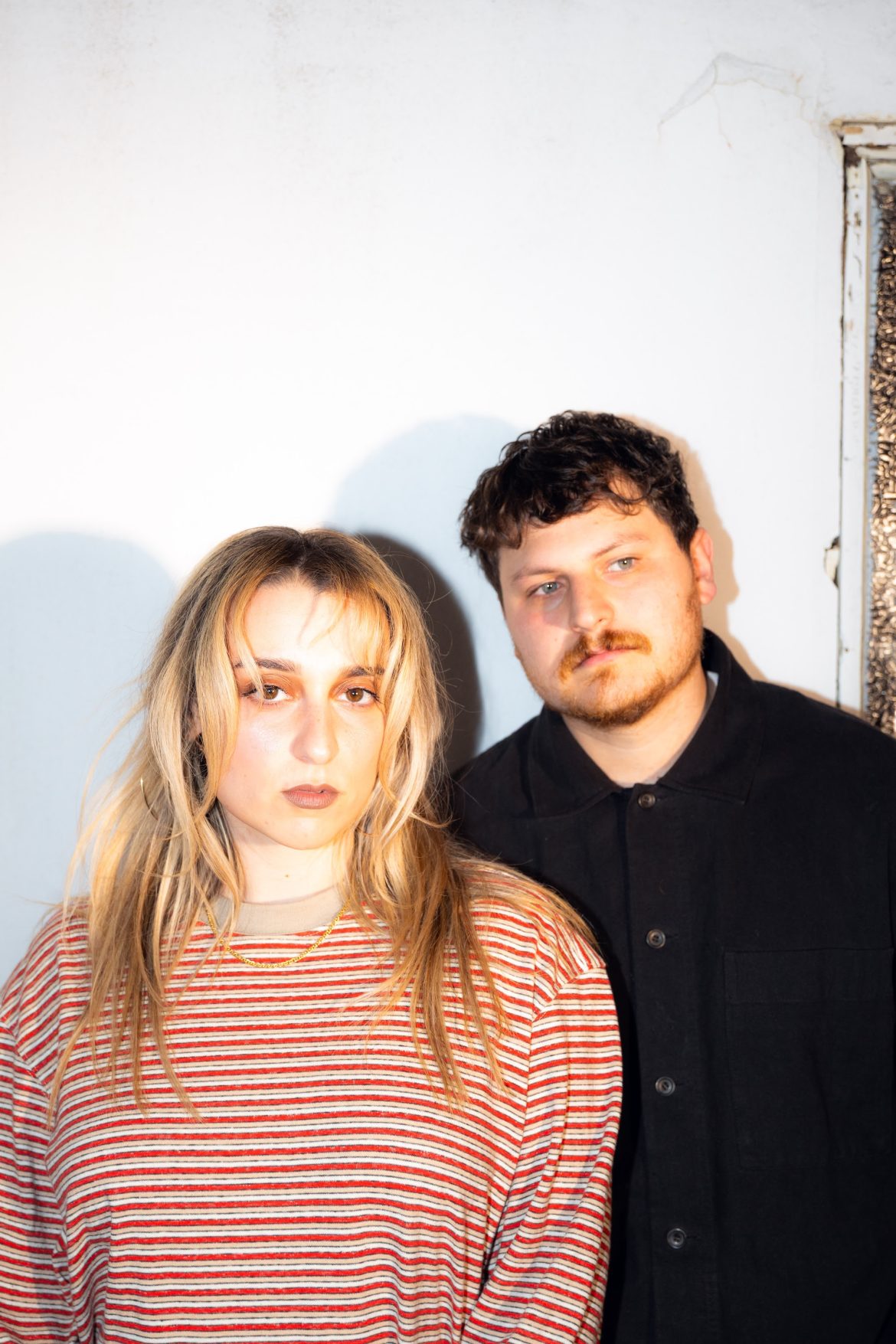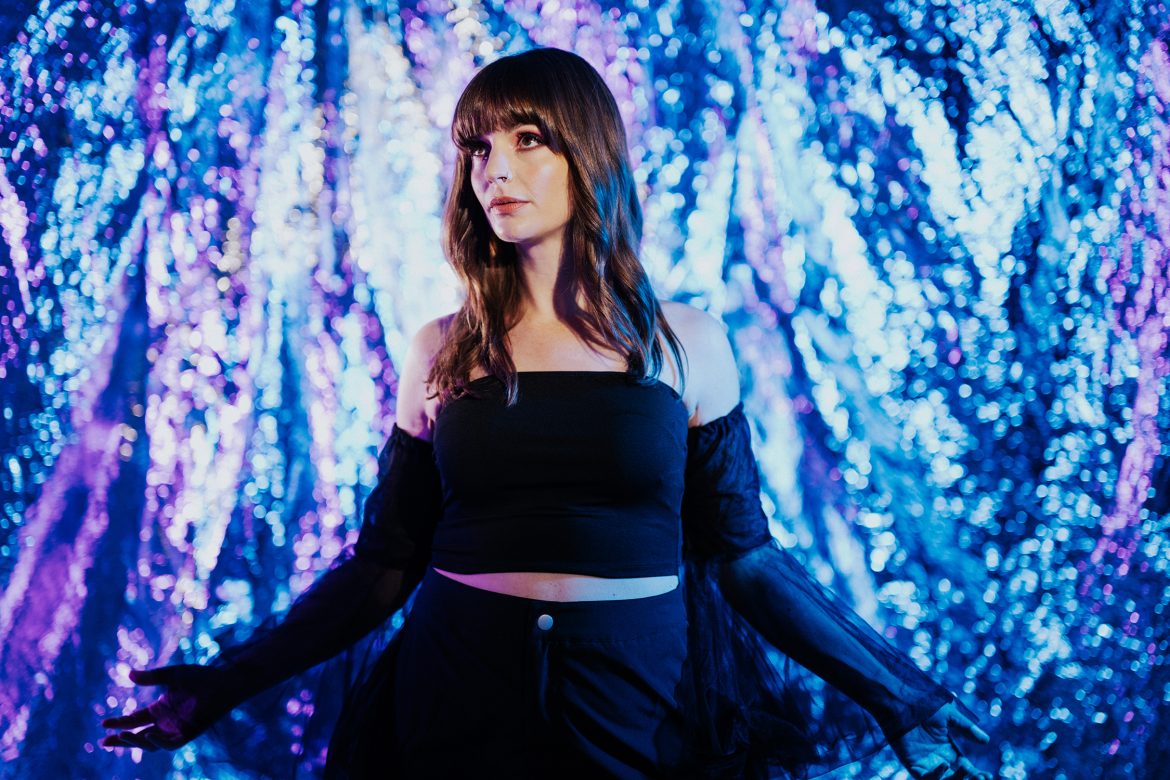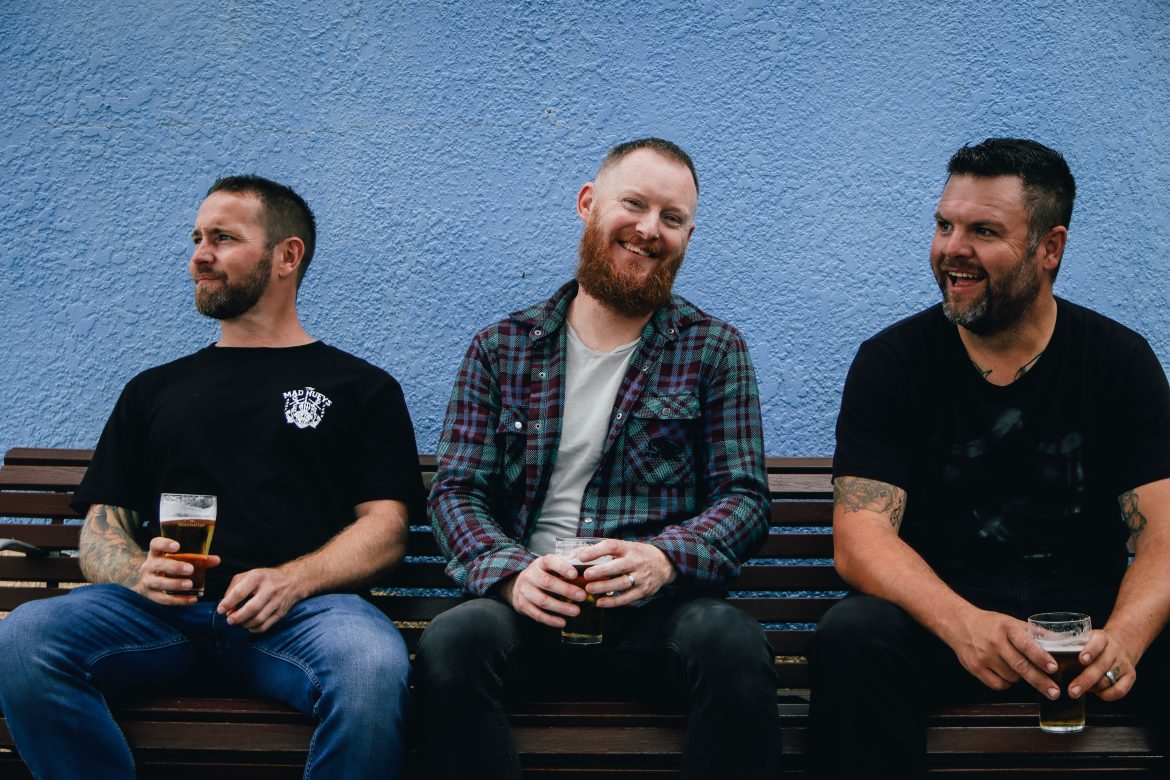What moment made you realise that The Music wasn’t just another release, but a full creative shift for you this year?
I’m not sure I ever had a moment exactly like this, but there was one kind of “uh huh” moment that I feel guided the process of putting this EP together.
I was throwing a lot of ideas at the wall, and halfway through writing the title track it became apparent that this would be the northern star of the project — a sonic reference for the rest of the tracks. Lyrically, the track The Music was my reflection on how crazy the world is and how music can be a reprieve from that craziness. I wanted that to be the thing someone might hopefully take away from this whole collection of songs.
How did the idea for that “rubber band” synth line in Nobody (Like You) first hit you, and what feeling were you chasing sonically?
I guess it was a bit of a happy accident! I had it in an old session, and kind of pieced it together like a puzzle with the drums and vocals, all from different sessions. That combination felt like the track could tear apart at any moment — a lot of energy, and I found that really exciting.
This EP arrived quickly after legitimate dj behaviour — what sparked this streak of momentum for you in 2025?
It really did, and it kind of surprised me! A combination of things — I love making music for starters. And I had some great people in my corner: Leo Horton who did the artwork, my manager Jez, the team at Believe who did distribution. Great people to bounce ideas off and expand the world I was conceiving for this EP. I really attribute a lot of the momentum to the people around me who encourage and push me directly and indirectly.
When you listen back to the five singles together, what thread ties them into one cohesive world?
Hmm, it’s hard to say! I think the drum grooves, or maybe some of the synth elements feel quite cohesive across tracks.
Which track from the EP surprised you the most during the production process?
100% 1Mhz. It’s quite different to the rest of the EP in my opinion. A few days before it came out I was low-key freaking out it was going to flop, but it ended up doing better than some of the songs I felt more confident in.
A lot of your music feels built for communal moments on the dancefloor. How much do crowd reactions influence the way you shape a track?
I think I’m more focused on listener reactions. How does this feel in headphones? Is it exciting, and do I want to listen from start to finish? I’m also somewhat mindful of how it could be mixed when making it, but mainly on the listening aspect.
What did you want listeners to feel during that moment where the EP “could tear apart at any second”?
Excited and alive!
You’ve called this project spontaneous — how do you balance instinct, experimentation and discipline when you’re in a creative sprint?
I think the foundational element is discipline, or building and maintaining a routine to be creative. This was a bit of a challenge this year while juggling an almost full-time day job.
Experimentation is the second most important factor, and I would conceptualise it more as being freely creative without judgement, pressure or expectation getting in the way.
I think once I’ve turned up to be creative and gotten an idea somewhat fleshed out with enough essential elements to have some form, that’s where instinct comes into play. Instinct guides the refining period of finishing ideas for me — mostly subtracting elements, occasionally adding.
Where do you see The Music taking you next, both on stage and in the studio?
I’m figuring out the studio stuff now, and I think that’ll become clearer over the next few months. I’d like to work with some other people on tracks — it’s been almost entirely me on production so far. I’d also love to be involved in other people’s projects too!
Hopefully a lot more sets in 2026!
Stream:
https://bfan.link/the-music-ep
Socials:
https://linktr.ee/harleygirl.vroom
Credits:
Written & Produced by Connor Grant (aka HARLEY GIRL)
Mixed by Connor Grant & Doug Wright
Mastered by Suture Mastering
Artwork by Leo Horton
Photos by Koady
